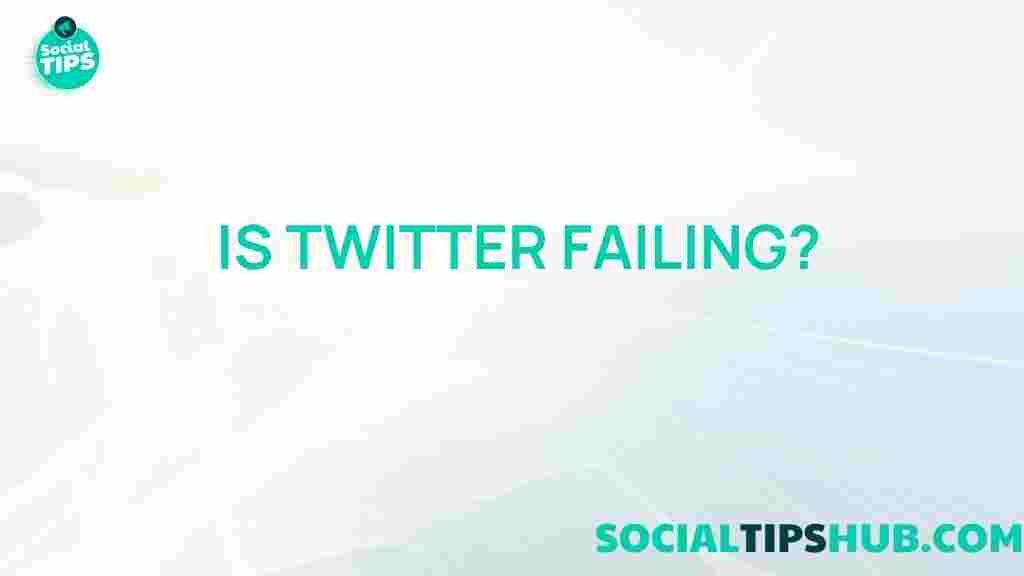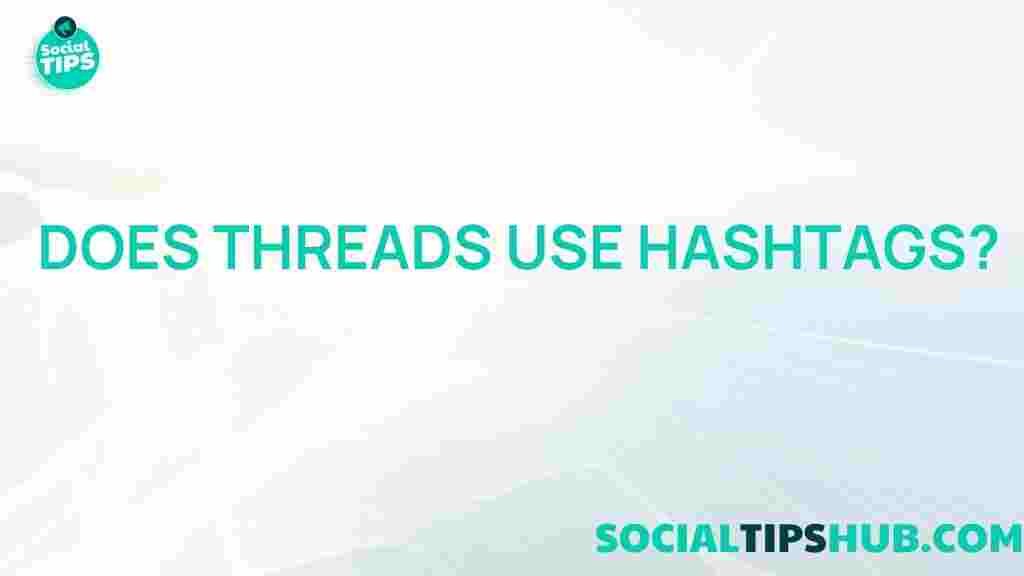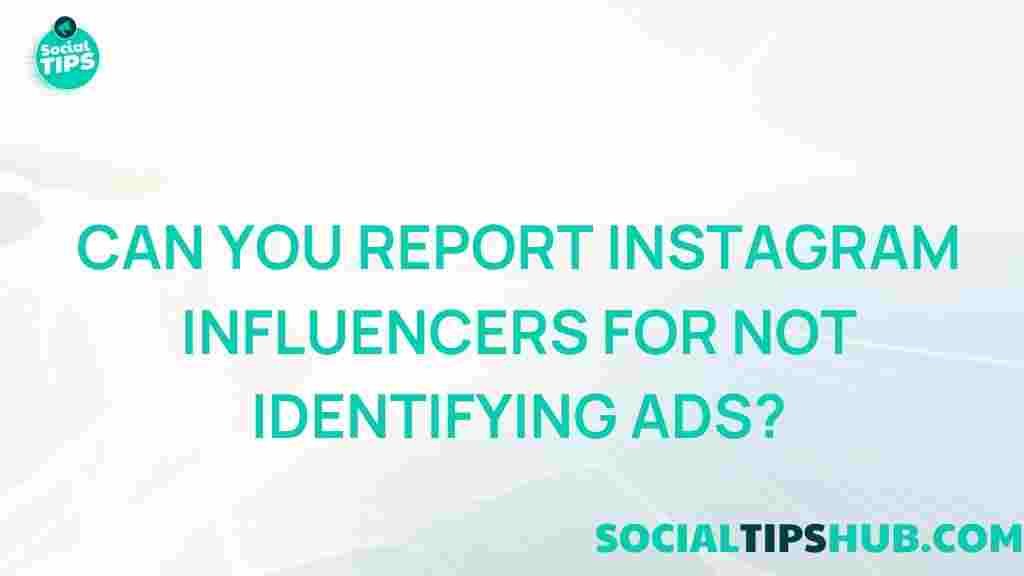The Hidden Dangers of Social Media: Is Twitter on the Decline?
In today’s digital age, social media platforms have become an integral part of our lives, shaping how we communicate, share information, and engage with the world around us. While these platforms offer numerous benefits, such as connectivity and access to information, they also come with hidden dangers that can impact users’ mental health, privacy, and overall well-being. This article delves into the potential risks associated with social media, particularly focusing on Twitter and its current status in the social media landscape.
Understanding the Landscape of Social Media
Before examining the decline of Twitter, it’s essential to understand the broader context of social media. With various platforms catering to different audiences, the competition is fierce. Some of the most popular platforms include:
- Facebook: With billions of active users, Facebook remains a dominant force in social media.
- Instagram: Focused on visual content, Instagram appeals to younger demographics.
- LinkedIn: This platform targets professionals, emphasizing networking and career growth.
- Snapchat: Known for its ephemeral content, Snapchat attracts a youthful audience.
- Twitter: Characterized by its brevity, Twitter is known for real-time news and conversations.
The Decline of Twitter: A Closer Look
Twitter has long been a significant player in the social media space, known for its ability to disseminate news quickly and engage users in conversations. However, recent trends suggest that Twitter may be experiencing a decline. Several factors contribute to this situation:
- Changing User Behavior: Users are shifting towards platforms that offer richer content, such as videos and images.
- Algorithm Changes: Changes in Twitter’s algorithms have affected how content is displayed, leading to decreased user engagement.
- Increased Competition: As other platforms grow in popularity, Twitter faces stiff competition for users’ attention.
- Controversies and Misinformation: The rise of misinformation on the platform has tarnished its reputation, driving some users away.
The Hidden Dangers of Social Media
As Twitter navigates its challenges, it’s crucial to acknowledge the broader hidden dangers associated with social media use. Understanding these risks can help users navigate the digital landscape more safely.
Mental Health Implications
One of the most concerning dangers of social media is its impact on mental health. Studies have shown that excessive use of platforms like Twitter can lead to:
- Anxiety: Constant notifications and the pressure to stay updated can cause anxiety.
- Depression: Comparisons with others’ seemingly perfect lives can lead to feelings of inadequacy.
- FOMO (Fear of Missing Out): Seeing others engage in activities can create a sense of exclusion.
Privacy Concerns
Another critical issue is the privacy risks associated with social media. Users often share personal information without considering the consequences. This can lead to:
- Data Breaches: Personal data can be vulnerable to hacking and exploitation.
- Identity Theft: Sharing too much information can increase the risk of identity theft.
- Surveillance: Many platforms track user behavior, raising concerns about surveillance and data misuse.
Cyberbullying and Harassment
Cyberbullying is another significant danger within the realm of social media. Twitter, in particular, has been criticized for its inability to effectively combat harassment. This can manifest in various ways:
- Anonymity: The ability to remain anonymous emboldens bullies.
- Targeted Attacks: Users can be subjected to coordinated harassment campaigns.
- Impact on Victims: Cyberbullying can lead to severe emotional distress and long-term psychological effects.
Step-by-Step Process to Mitigate Risks
While the dangers of social media are significant, users can take proactive steps to mitigate these risks. Here’s a simple process:
- Audit Your Accounts: Regularly review your privacy settings and adjust them according to your comfort level.
- Limit Sharing: Be mindful of the information you share publicly. Avoid posting sensitive details.
- Engage Positively: Focus on positive interactions and unfollow accounts that promote negativity.
- Educate Yourself: Stay informed about the platform’s policies and the potential for misinformation.
- Use Tools: Consider using tools that can help manage your social media presence and reduce time spent on platforms.
Troubleshooting Tips for Twitter Users
If you find yourself struggling with your Twitter experience, here are some troubleshooting tips:
- Mute or Block Users: If certain accounts are causing stress or anxiety, utilize the mute or block features.
- Adjust Notification Settings: Customize your notifications to reduce distractions.
- Take Breaks: Consider taking regular breaks from Twitter to improve your mental health.
- Report Issues: If you encounter harassment or misinformation, use Twitter’s reporting tools to address the problem.
Conclusion: The Future of Social Media and Twitter
As we navigate the evolving landscape of social media, it’s essential to recognize the hidden dangers that accompany these platforms. Twitter, while historically significant, is currently facing challenges that may indicate a decline. However, by understanding the risks and taking proactive steps to mitigate them, users can enjoy the benefits of social media while safeguarding their mental health and privacy.
For further information on the impacts of social media on mental health, you can visit the Mental Health website. To learn more about safe social media practices, check out our comprehensive guide here.
This article is in the category News and created by SociaTips Team






